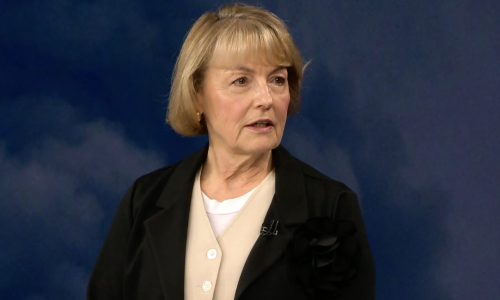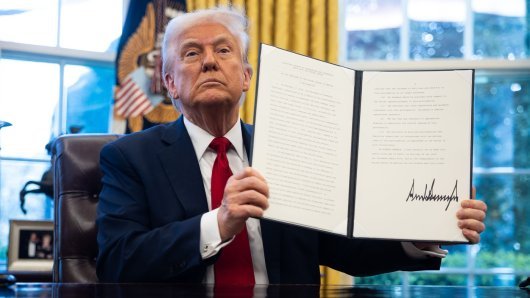Foreign and European Affairs Minister Vesna Pusic said in parliament on Thursday that stability was the most important argument in favour of Croatia's EU entry.
"We frequently hear money from EU funds being mentioned as the main argument in favour of EU accession. Even though it is an important argument, for Croatia, which measured by a human life has existed for a long time, but in terms of political history for a short period of time, the most important argument in favour of EU entry is the stability of state institutions and the constancy of the state, without which there can be no economic recovery, human rights, normal functioning of state institutions and confidence in them," Pusic said in a debate on a government report on the course and results of Croatia's EU accession talks.
"All EU member countries have de facto secured such stability," Pusic said.
Some old EU members have forgotten the importance of stability because they last experienced war in 1941-45, but in Croatia that is not the case. "We have in our personal experience an awareness of what it means to lack security, stability or even state institutions," Pusic said.
She added that state stability also reflected on the attitude of investors and international financial institutions.
"EU funds alone will not help us if we are not able to define goals to pursue, to put the country on the right track towards recovery," she said.
Another important argument in favour of EU entry, according to Pusic, is the argument of freedom.
"My generation, as well as all other generations in Croatia, have had to pass many hard state borders, being exposed to various forms of harassment and check-ups, treated as mere numbers," Pusic said, adding that the possibility of living without borders and moving freely across Europe was a very important argument in favour of EU entry.
Pusic also recalled the long path Croatia had to go to draw close to the EU. Croatia's EU membership negotiations were different than other countries' negotiations, and it had to negotiate some chapters that had not been negotiated by other countries, such as the chapter on judiciary and fundamental rights, she said.
"In that process, we have devised a model to gradually start developing a more efficient judiciary," she said, among other things.



































